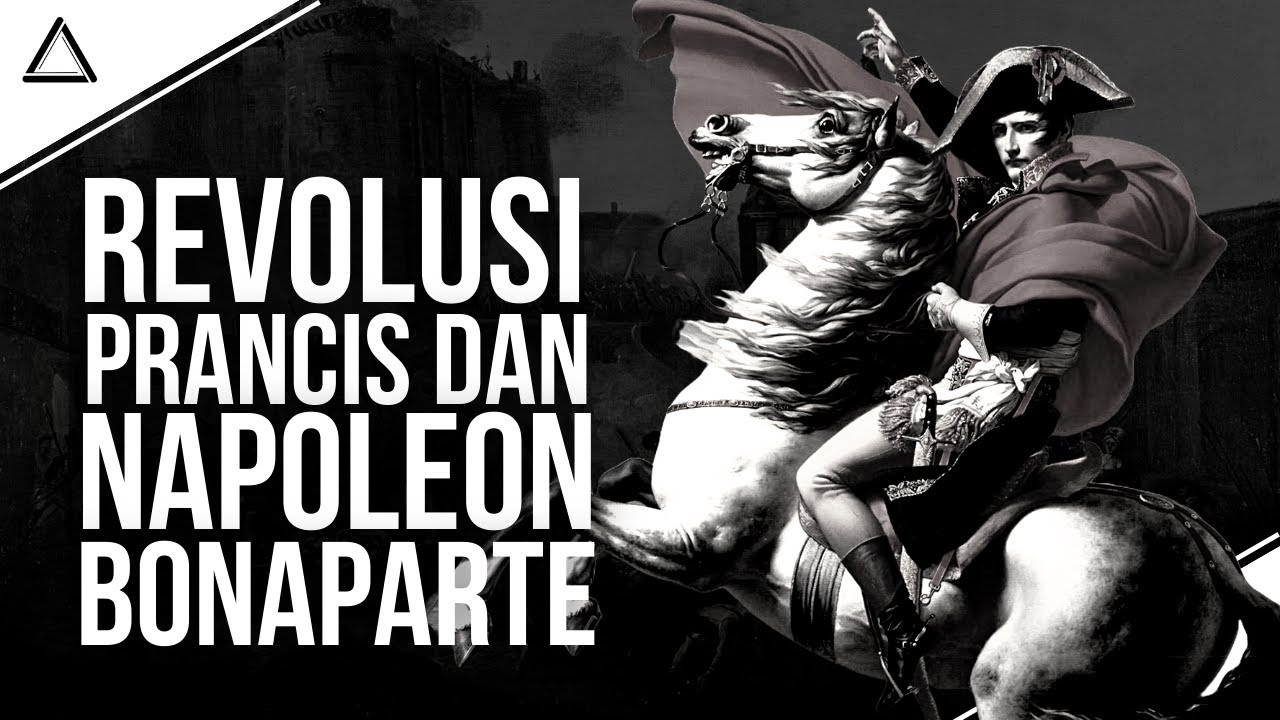Social consequences of revolutionary ideals | US history | Khan Academy
Summary
TLDRThe American Revolution was a philosophical upheaval that sparked debates on equality and natural rights. It challenged the monarchy and social norms, leading to political democracy expansion and voting rights reform. Despite most founders being slave owners, the revolution catalyzed the abolition movement and gradual emancipation in the north. Women, though still largely marginalized, began advocating for better status, leading to the concept of 'republican motherhood,' which emphasized their role in cultivating virtuous citizens and expanded women's education.
Takeaways
- 📜 The American Revolution was fundamentally a revolution of ideas, with debates on equality and natural rights becoming commonplace.
- 🌟 Thomas Jefferson's Declaration of Independence encapsulated the revolutionary ideals, emphasizing the rights to life, liberty, and the pursuit of happiness.
- 🗳️ The revolution challenged the concept of monarchy and the traditional social hierarchy, advocating for 'no taxation without representation'.
- 📊 Revolutionary ideals led to increased awareness of societal inequalities, prompting calls for changes in voting rights, slavery, and women's status.
- 🏛️ Post-revolution, state governments expanded political democracy by writing new constitutions and instituting representative governments.
- 📉 Property requirements for voting and office-holding were reduced, leading to a broader electorate among white men.
- 🗽 New Jersey's constitution allowed property-owning women and free people of color to vote, reflecting a more inclusive approach to suffrage.
- 🔗 The abolition movement emerged as a direct response to the revolutionary ideals, leading to the gradual abolition of slavery in the northern states.
- 🏡 Southern states did not abolish slavery, which intensified sectional tensions and contributed to the Civil War.
- 👩🏫 The concept of 'republican motherhood' arose, advocating for women's education to培养virtuous citizens, which later influenced the women's rights and abolitionist movements.
- 💌 John Adams' response to Abigail Adams' request for women's rights highlighted the limited recognition of the potential for social change at the time.
Q & A
What was considered the initial stage of the American Revolution?
-The initial stage of the American Revolution was a revolution of ideas, where ordinary people debated concepts like equality and natural rights.
How did the American Revolution reflect in the literature of the time?
-The literature of the time reflected the revolutionary ideas, most notably in Thomas Jefferson's Declaration of Independence, which emphasized that all men are created equal with unalienable rights.
What was the significance of the slogan 'no taxation without representation'?
-The slogan 'no taxation without representation' represented the idea that people should have a say in the laws that affect them, which was a key demand during the American Revolution.
How did the American Revolution challenge traditional social norms?
-The revolution challenged traditional social norms by criticizing the idea of monarchy and questioning who deserved to rule versus who deserved to be ruled.
What was the impact of revolutionary ideals on the awareness of societal inequalities?
-Revolutionary ideals increased the awareness of societal inequalities, leading some to call for changes in voting rights, the institution of slavery, and the status of women.
How did the American Revolution lead to political changes in state governments?
-After the revolution, all states wrote new constitutions that instituted representative governments through elected legislatures and reduced property requirements for voting and office-holding.
What was the extent of voting rights for white men after the American Revolution?
-After the revolution, a majority of white men had the right to vote, and voting rights expanded until all white men could vote by the 1830s.
How did the American Revolution influence the abolition movement?
-The revolution led to the emergence of the abolition movement to end slavery, with northern states either abolishing slavery or beginning a process of gradual emancipation.
What was the concept of 'republican motherhood' and how did it relate to women's education?
-The concept of 'republican motherhood' suggested that women should receive a more robust education to better educate their sons and produce virtuous citizens for the new democratic nation.
How did Abigail Adams use revolutionary ideas to advocate for women's rights?
-Abigail Adams, wife of John Adams, wrote to him asking to 'remember the ladies' in the new laws, suggesting that women should not be bound by laws in which they have no voice or representation.
What was John Adams' response to Abigail Adams' request to consider women's rights?
-John Adams responded with humor, indicating that he couldn't imagine the revolutionary ideas leading to demands for rights from women and other groups, suggesting that he didn't take the idea seriously.
Outlines

Esta sección está disponible solo para usuarios con suscripción. Por favor, mejora tu plan para acceder a esta parte.
Mejorar ahoraMindmap

Esta sección está disponible solo para usuarios con suscripción. Por favor, mejora tu plan para acceder a esta parte.
Mejorar ahoraKeywords

Esta sección está disponible solo para usuarios con suscripción. Por favor, mejora tu plan para acceder a esta parte.
Mejorar ahoraHighlights

Esta sección está disponible solo para usuarios con suscripción. Por favor, mejora tu plan para acceder a esta parte.
Mejorar ahoraTranscripts

Esta sección está disponible solo para usuarios con suscripción. Por favor, mejora tu plan para acceder a esta parte.
Mejorar ahora5.0 / 5 (0 votes)






